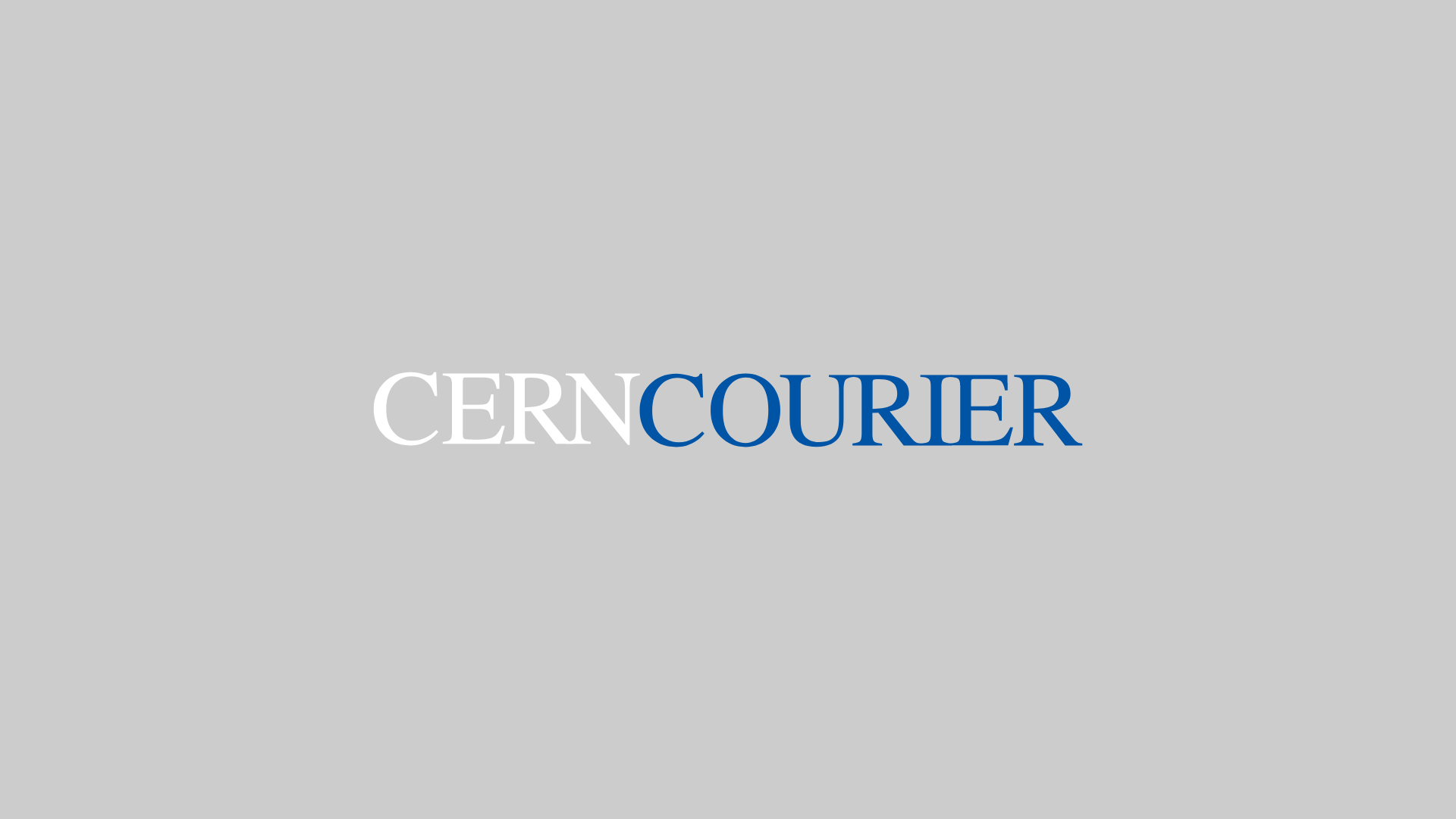 Read article 'CMS assembly enters its next phase'
Read article 'CMS assembly enters its next phase'
CMS assembly enters its next phase
Assembly of the Compact Muon Solenoid (CMS) detector, being built for physics at CERN's Large Hadron Collider, reached an important turning point in October.













